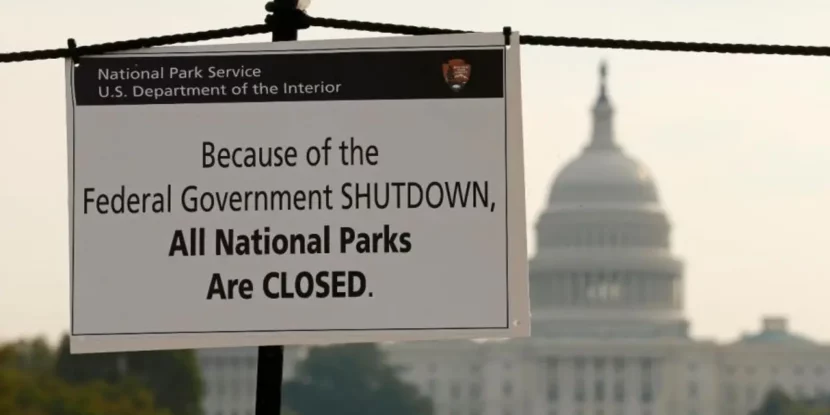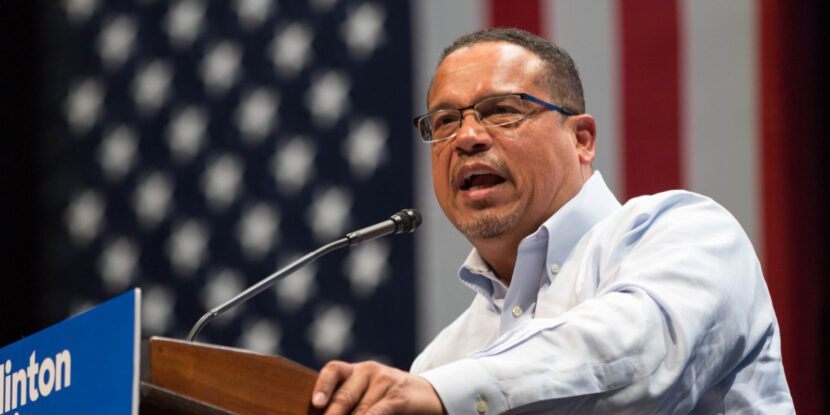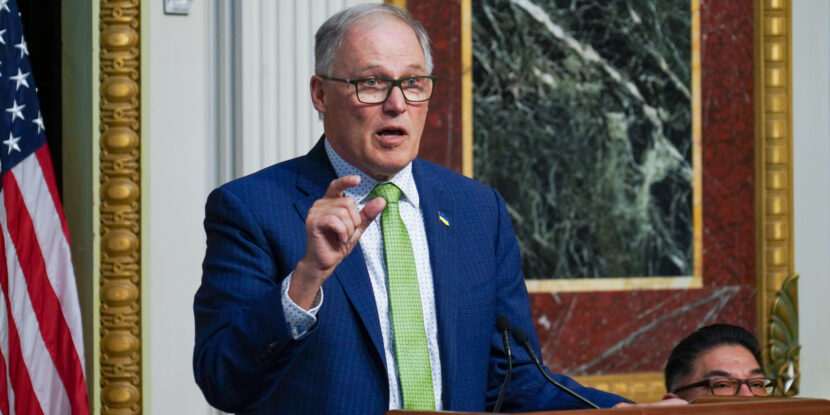Members of both political parties anticipate a federal government shutdown as early as September over the U.S. government’s budget for 2024. The GOP is proposing a number of new bills that would slash the federal budget by up to $115 billion, returning government spending to its 2022 levels. Democrats, however, are already making it clear that they would reject any attempts to cut government spending.
Negotiators from both parties are increasingly incapable of finding a consensus over the Appropriations bill, which is responsible for funding the Education Department, the Labor Department, the Department of Health, and more. Republicans are also pushing to cut funding to other agencies, including the Consumer Product Safety Commission and the Securities and Exchange Commission.
Leading Democrats are explicit in their willingness to shut the government down in response to Republican spending plans. Democratic Chair of the Senate Veterans’ Affairs Committee and Senator from Montana, Jon Tester, recently stated: “If you want to shut down, we will shut down. If they want to get the bills done, we’ll get the bills done.”
A government shutdown could disrupt the working schedules of up to 800,000 federal workers and potentially have wider ramifications for the U.S. economy, interfering with important federal services, such as food safety inspections and the Internal Revenue Service.
Notably, a survey from Rasmussen Reports found the majority of Americans would prefer a government shutdown to cut federal spending than avoiding a government shutdown to authorize higher federal expenditure.





















